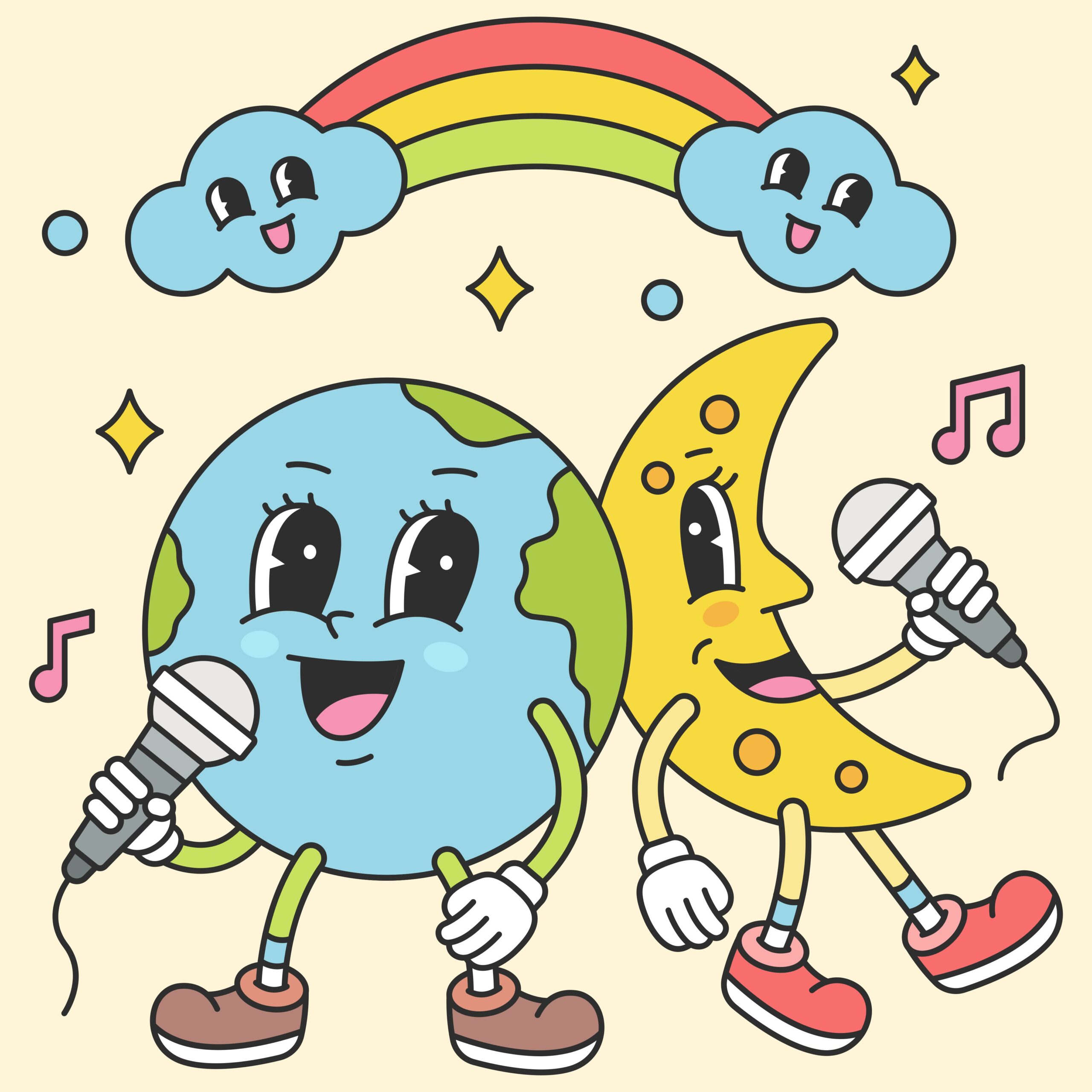 Music Diary
Music Diary Should You Upgrade from BeatStars’ Starter to Professional Plan?
BeatStars provides a platform for music creators to sell and distribute tracks globally. Choosing between its "Starter" ...
 Music Diary
Music Diary  Beatmaking Tips
Beatmaking Tips  Beat Selling Site
Beat Selling Site  Beat Selling Site
Beat Selling Site  Beat Selling Site
Beat Selling Site  Beat Selling Site
Beat Selling Site  Beat Selling Site
Beat Selling Site  Beat Selling Site
Beat Selling Site  Beat Marketing
Beat Marketing  Beat Marketing
Beat Marketing